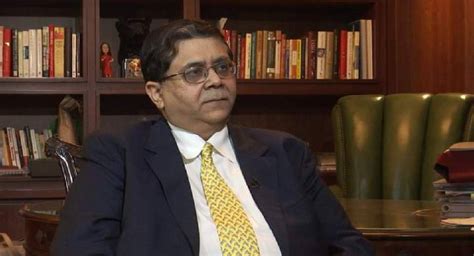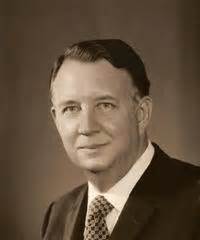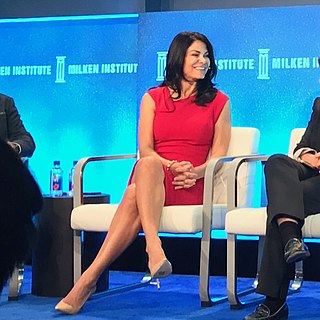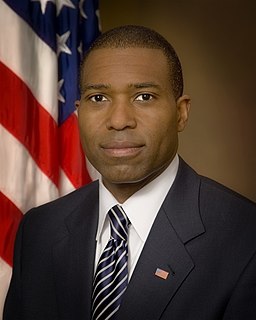A Quote by Ruth Bader Ginsburg
If you just needed the skills to pass the bar, two years would be enough. But if you think of law as a learned profession, then a third year is an opportunity for, on the one hand, public service and practice experience, but on the other, also to take courses that round out the law that you didn't have time to do.
Related Quotes
I got some experience appearing as a guest on several news channels, and I thought over the years I would be able to mix practicing law and writing with providing analysis on TV. I didn't know that would lead to a full-time opportunity that would take me away from my law practice. When MSNBC made me an offer to join, I jumped at it.
I see basically two models of law firms in the world. One of the global law firm they go by the name of one-stop shops, which will open an office, everybody see and opportunity and will also practice the local law of that jurisdiction. That's a successful model as well but that's not the only model. And the other model is those of independent law firms, national champions which have some unique strengths as well and I think both have their strengths and weaknesses.
English law in 1572 decreed that beggars above 14 years of age are to be severely flogged and branded on the left ear unless some one will take them into service for two years; in case of a repetition of the offense, if they are over 18, they are to be executed, unless some one will take them into service for two years; but for the third offence they are to be executed without mercy as felons.
I had a very good friend who was two years older than I was, and she was in law school, and she said, 'It's a great thing to do when you have no idea what you want to do.' And she was right. I learned a lot, I practiced law for 10 years. I've never looked back once I stopped practicing law, but it was a really good experience.
If I had my way, I would declare a moratorium on public preaching of 'the plan of salvation' in America for one to two years. Then I would call on everyone who has use of the airways and the pulpits to preach the holiness of God, therighteousness of God and the law of God, until sinners would cry out, 'What must we do to be saved?' Then I would take them off in a corner and whisper the gospel to them. Such drastic action is needed because we have gospel-hardened a generation of sinners by telling them how to be saved before they have any understanding why they need to be saved.
When you have to pass a law to make a man let me have a house, or you have to pass a law to make a man let me go to school, or you have to pass a law to make a man let me walk down the street, you have to enforce that law and you'd have to be living actually in a police state. It would take a police state in this country.
The law is equal before all of us; but we are not all equal before the law. Virtually there is one law for the rich and another for the poor, one law for the cunning and another for the simple, one law for the forceful and another for the feeble, one law for the ignorant and another for the learned, one law for the brave and another for the timid, and within family limits one law for the parent and no law at all for the child.


































